Introduction: Importance of Marine Barometers in Forecasting
Navigating the open seas demands an acute awareness of the ever-changing weather conditions. Among the arsenal of tools used by sailors and meteorologists alike, marine barometers stand out as indispensable instruments for forecasting weather patterns at sea. In this article, we’ll explore the significance of marine barometers in weather forecasting, how they work, their historical relevance, and their advantages in predicting marine weather.
What is a Marine Barometer?
A marine barometer is a specialized instrument designed to measure atmospheric pressure, a key indicator of impending weather changes. Unlike standard barometers used on land, marine barometers are engineered to withstand the harsh marine environment, including exposure to saltwater, humidity, and constant motion.
How Do Marine Barometers Work?
Marine barometers operate on the principle that changes in atmospheric pressure are indicative of forthcoming weather patterns. As air pressure increases or decreases, the barometer’s mechanism responds accordingly, indicating the changes on a calibrated scale. By monitoring fluctuations in atmospheric pressure over time, sailors and meteorologists can anticipate shifts in weather conditions, including the approach of storms, changes in wind direction, and alterations in temperature.
Role of Marine Barometers in Weather Prediction
Marine barometers play a pivotal role in weather prediction by providing valuable insights into the dynamics of the atmosphere. A sudden drop in atmospheric pressure, for example, often signals the approach of low-pressure systems associated with stormy weather, while a rise in pressure may indicate the presence of high-pressure systems associated with fair weather.
Historical Significance of Marine Barometers
The use of barometers in weather forecasting dates back centuries, with the first mercury barometer invented by Italian physicist Evangelista Torricelli in the 17th century. Since then, marine barometers have been instrumental in helping sailors navigate safely through treacherous waters and plan their voyages based on upcoming weather conditions.
Advantages of Using Marine Barometers
There are several advantages to using marine barometers for weather forecasting:
- Reliability: Marine barometers provide real-time measurements of atmospheric pressure, offering valuable insights into current and future weather conditions.
- Accuracy: By detecting subtle changes in atmospheric pressure, marine barometers can anticipate weather patterns with a high degree of accuracy, enabling sailors to make informed decisions about their routes and sailing plans.
- Versatility: Marine barometers are versatile instruments that can be used in conjunction with other weather instruments, such as wind gauges and thermometers, to provide a comprehensive picture of maritime weather conditions.
Conclusion: Essential Tool for Accurate Weather Forecasts
In conclusion, marine barometers are essential tools for accurate weather forecasting at sea. By measuring atmospheric pressure and detecting changes in weather patterns, marine barometers enable sailors and meteorologists to anticipate storms, plan safe routes, and navigate the open seas with confidence. As a reliable and indispensable instrument for maritime weather prediction, the marine barometer remains a cornerstone of safety and efficiency for sailors and mariners around the world.

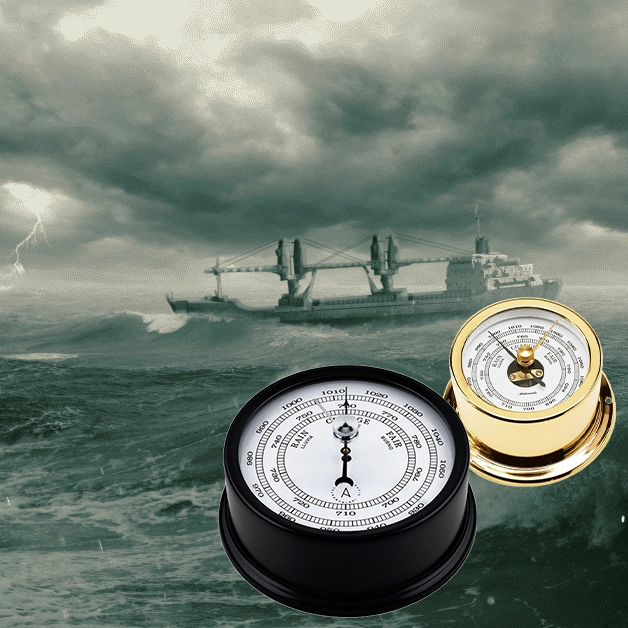
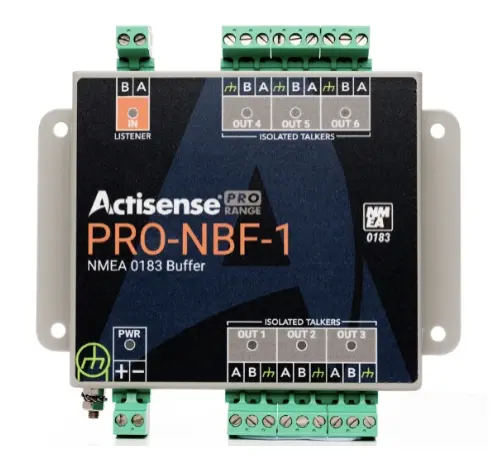
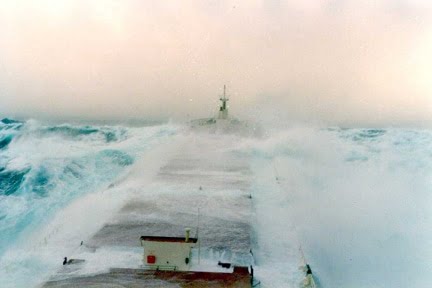
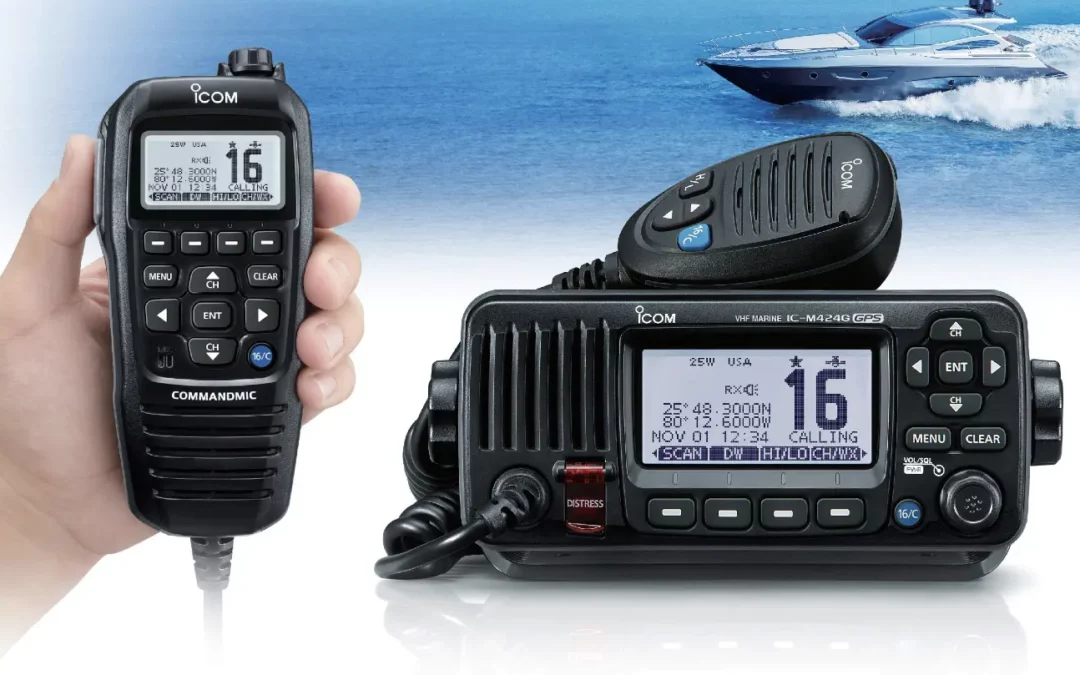

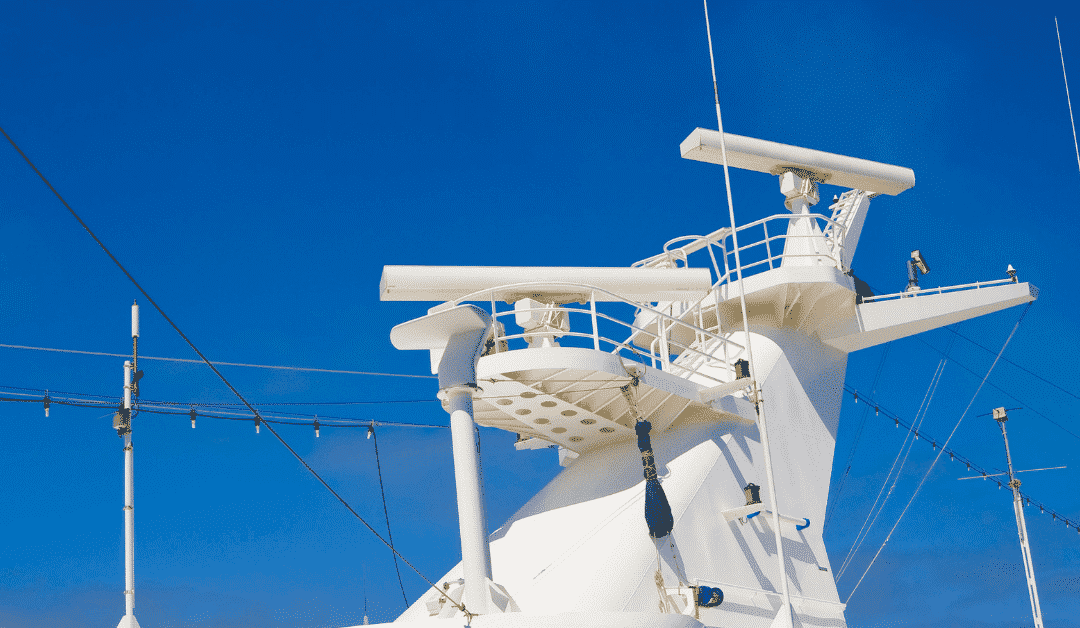
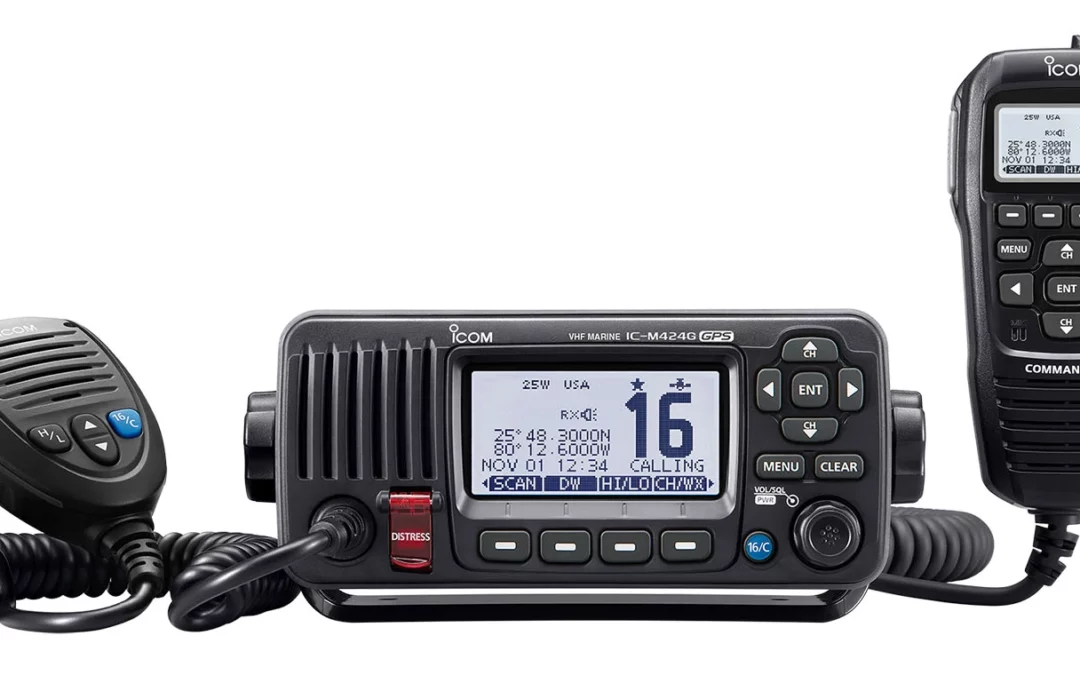
0 Comments